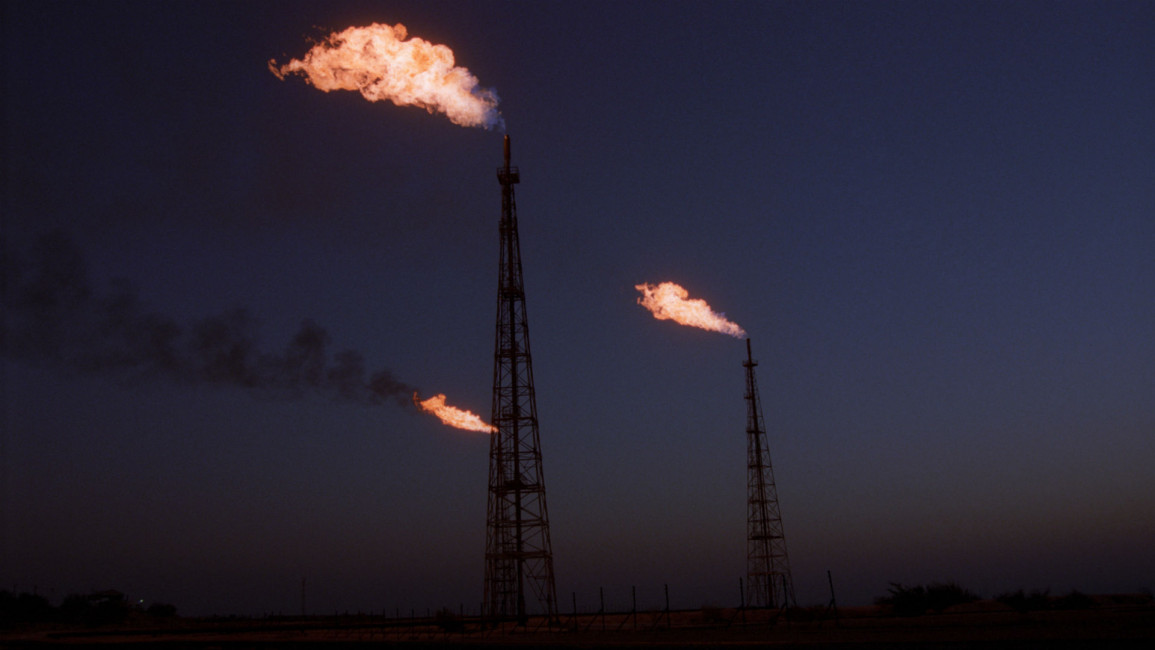Iran signs two oil deals with Russia's Gazprom
The deals open the way for Gazprom to carry out studies at the Cheshmekosh and Changouleh fields near the border with Iraq, according to the Shana news agency, which is linked to the oil ministry.
That adds to five other oil fields that have already been earmarked for Russian firms Lukoil, Tatneft and Zarubezhneft.
The latest deal was signed by Russian Energy Minister Alexander Novak, who is visiting Tehran with a 500-strong business delegation.
Russia and Iran have had difficult relations in the past, but now find themselves close military allies in their support for Syrian President Bashar al-Assad, and keen to deepen their economic relationship.
Iran has announced a slew of energy deals with foreign firms in recent weeks, despite uncertainty around the incoming US administration of Donald Trump, who has vowed to take a more confrontational stance towards Tehran.
Last week, Shell signed an initial accord to explore two of Iran's largest oil fields at South Azadegan and Yadavaran, as well as the Kish gas field.
That followed an initial deal with France's Total last month to develop part of the South Pars gas field - a project worth an estimated $4.8 billion.
But doubts persist over how these deals will be financed so long as Iran remains frozen out of the international finance system by continuing US sanctions.
The Iranian government also faces push-back at home from hardliners opposed to handing major energy deals to foreigners.
The paramilitary Revolutionary Guards, which controls vast swathes of the energy sector, said in October that it was shameful for Iranian firms to be subordinated to foreigners.
The government has countered that Iran's dilapidated energy infrastructure urgently needs an infusion of foreign cash, technology and know-how.

![Trump's warm greeting to Netanyahu contrasted with Kamala Harris's critical reception [Getty]](/sites/default/files/styles/image_212x120/public/2024-07/GettyImages-2162908988.jpg?h=69f2b9d0&itok=uRh_9WXh)
![The brutal assault on Khan Younis has killed dozens and displaced thousands more [Getty]](/sites/default/files/styles/image_330x185/public/2024-07/GettyImages-2162526709.jpg?h=d3eda8cf&itok=n5N-o8p5)
![Members of the Algerian delegation threw roses into the Seine [Getty]](/sites/default/files/styles/image_330x185/public/2024-07/GettyImages-2162980872.jpg?h=199d8c1f&itok=h_3o_TOL)